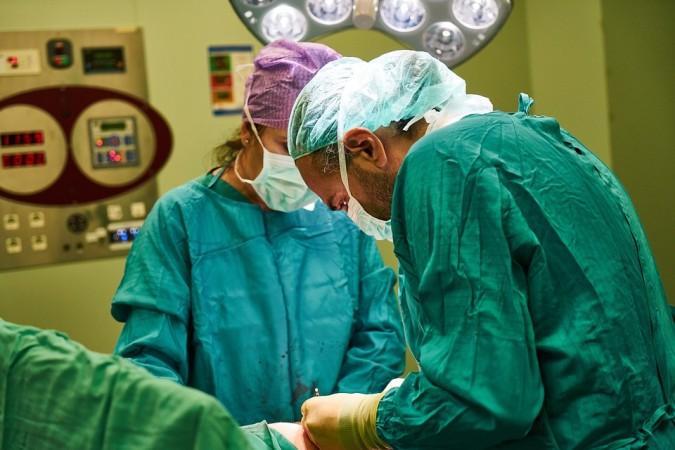
On Friday, a 48-year-old COVID survivor from Ghaziabad arrived at Chennai's MGM Hospital. Despite the odds stacked high against his survival, the hospital carried out a bilateral lung transplant on the victim.
After the successful surgery, the patient is still recovering and is doing well since the surgery. His lungs had been severely damaged due to COVID-19.
Asia's first lung transplant on a COVID survivor at Chennai hospital
The surgery which ended on Friday morning at 7 am, was carried out at MGM Healthcare in Chennai. This particular surgery is Asia's first lung transplant performed on a COVID survivor.
The Ghaziabad patient had was battling COVID-19 since June 8th, following which he suffered fibrosis in the lungs. This left his lungs damaged, so much so that doctors say on a small portion was functional after that. He was put on ventilator support and has been struggling for more than one and a half months.
His struggle came to an end on Friday morning, after a lung transplant was performed on the critical patient. MGM Healthcare said about the patient, "His lung condition continued to worsen in spite of maximum ventilatory supportive care, and he was put on ECMO support on July 25 for more than one month. Such patients are difficult to manage even in well-equipped ICUs (intensive care units)," IANS reported.
Dr. K. R. Balakrishnan, Chairman & Director of Cardiac Sciences and Director of the Heart and Lung Transplant Programme along with his team, led the transplant.
Suresh Rao, the Co-Director, Institute of Heart & Lung Transplant and Mechanical Circulatory Support said about the patient's condition to IANS, "As the patient's both transplanted lungs were working well, we removed the ECMO support. Now his clinical condition is stable."
Lung fibrosis has been reported in many patients who have suffered from COVID. Perhaps, with well-performed surgeries and successes like these, medical innovation can help increase the chances of survival for suffering patients.










